Published: 09:26 Wednesday - May 04, 2011
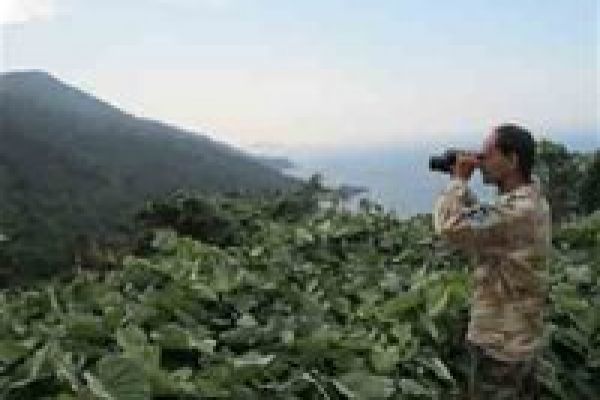
“I had never seen an animal like the douc before. I couldn’t believe that something this colorful and beautiful could be real.”
Larry Ulibarri from Frankfurt Zoological Society was originally a worker in the construction industry in Colorado in the U.S. until he decided to follow his dreams (and idols) and embark on primate research.
For the last fifteen months the PhD student has been working with his favorite creature on the Frankfurt Zoological Society’s Son Tra Douc Research and Conservation project in conjunction with Danang’s
Department of Science and Technology (DOSTE) on the spectacular Son Tra Peninsular.
Amazingly for an area so close to a major city, it is home to one of the largest populations of red-shanked doucs in Vietnam, with an estimated 150-180 animals, representing 15-20 percent of the nation’s total.
The reason for their survival is the peninsular was off bounds to the public until a few years back because it was controlled by the military. But that all changed in 2008 when the army relinquished a lot of control to make way for tourism.
Now over 50 km of new road work has been done there opening up important douc habitat to everybody including hunters. While it may have opened opportunities for tourism the road could close opportunities for many of the douc groups’ survival.

Two doucs in the forest - Photo: Michael Smith
“It’s a devastating permanent fragmentation of the habitat,” Ulibarri says.
The old roads were narrow and the tree-living doucs could leap across – but the new much wider concrete roadworks, cut crudely into the mountains’ steep sides, are total barriers, as the arboreal doucs never travel on the ground. In mid-April, albeit late, the Chairman of the People’s Committee responded to increasingly critical reports of the roads from Ulibarri and the city science department and ordered new roadwork to cease because of the negative impact.
For one family of seven monkeys separated by a new road from the rest of their group it may be too late. The new road trapped them in a narrow strip of forest bound by the coast below and two major rock slides on either side. Ulibarri says everyone knew they were trapped there and “they had nowhere to go if hunters came in from the sea or the road”. Powerless to help them he watched them for several months but two months ago they disappeared. Ulibarri says, “I already fear the worst.”
He says if something isn’t done to fix the fragmentation and close access to hunters, 18 groups of these magnificent but endangered primates could be reduced to two in 10 years.
thesaigontimes
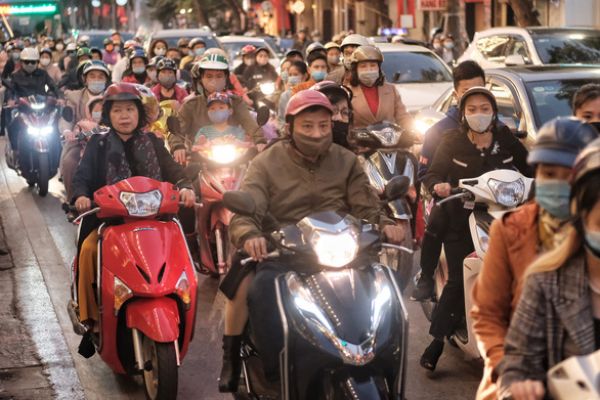
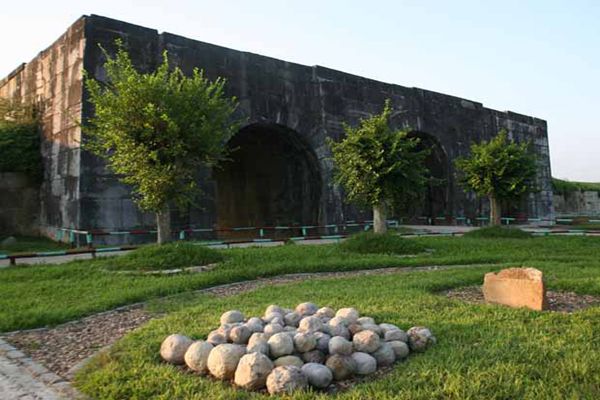
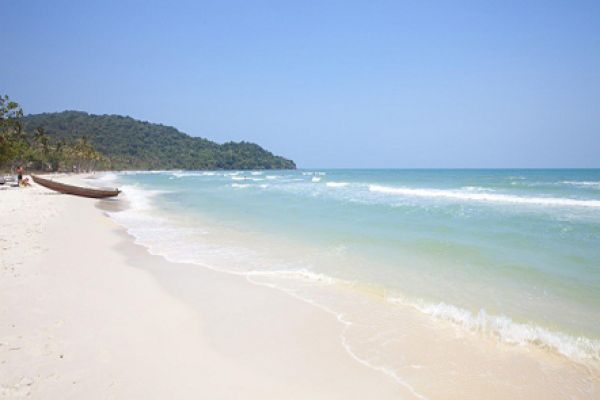
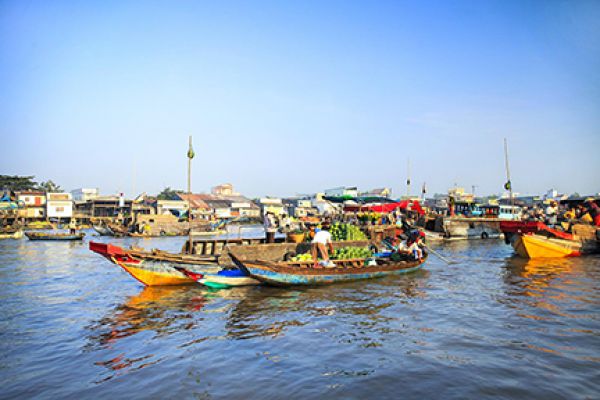


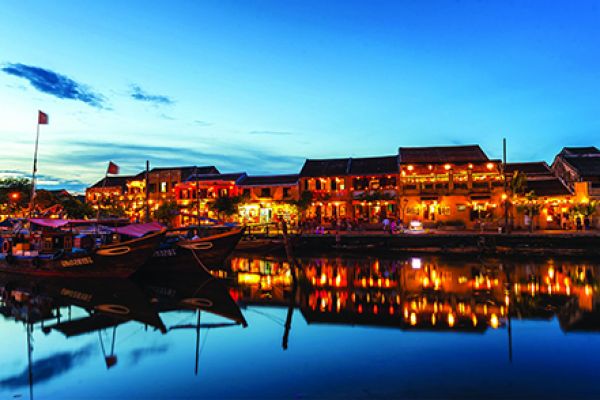

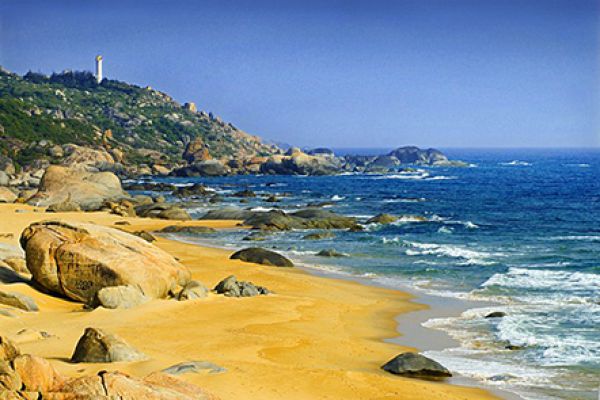
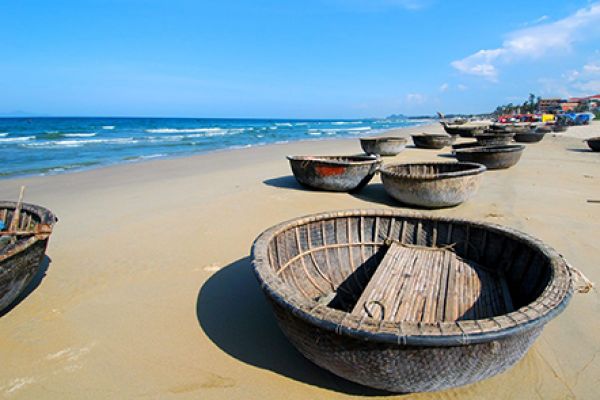
(84-63) 3 826042 – (84-63) 3 511142
No 54 Nguyen Dinh Chieu, Ham Tien Central Mui Ne Beach Binh Thuan Vietnam
523 To Hien Thanh District 10 Ho Chi Minh City Vietnam
Ha Long Halong City Quang Ninh Vietnam
A13 Hung Thong 2 Halong City Quang Ninh Vietnam




